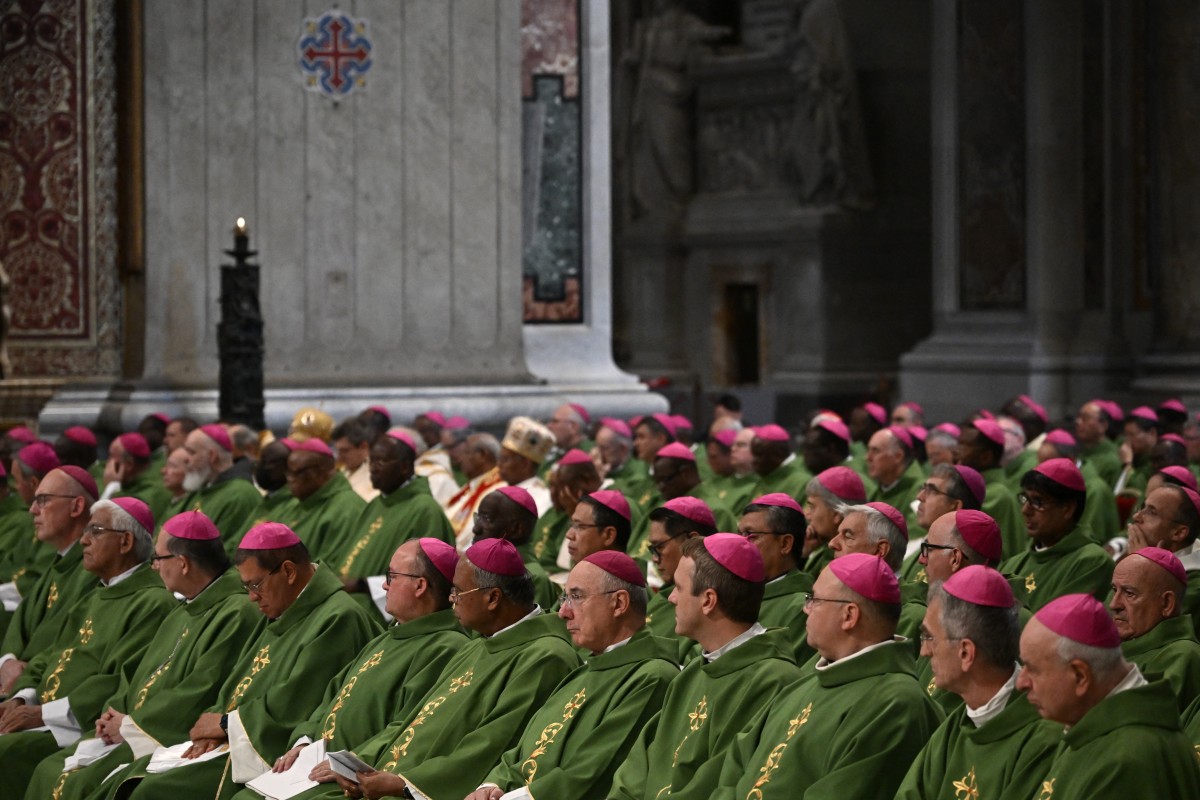The Vatican’s Synod on Synodality assembly, which concluded on October 28, challenged young people to understand the digital culture and carry out the Church’s mission.
In its final report, the assembly said the young people, “who often have deep direct experience of it, are best suited to carry out the Church’s mission in the digital environment”.
The report recognized the need to “first understand” the digital culture and that it is “not so much a distinct area of mission as a crucial dimension of the Church’s witness in contemporary culture”.
The 42-page summary report, which is titled “A Synodal Church in Mission”, featured proposals to establish new ministries for the laity, enhanced participation of the laity in decision-making, the implementation of processes to assess bishops’ performance, the reevaluation of the Church’s approach to handling “controversial” matters, and an extension of the reach of future synodal assemblies.
The document proposed that churches “offer recognition, training and accompaniment to digital missionaries already working, while also facilitating meetings among them”.
“It is important to create collaborative networks of influencers that include people of other religions or who profess no faith, but collaborate on common causes to promote the dignity of the human person, justice and care for the common home,” the document read.
The document said the internet has become “increasingly present” in the lives of the human family. “Although it has great potential to enhance our lives, it can also cause harm and injury, such as through bullying, misinformation, sexual exploitation and addiction,” it said.
The final report stressed that there is an urgent need to consider how the Christian community can support families in ensuring that the online space is “not only safe but also spiritually life-giving”.
While it recognized the value and usefulness of Church-related online initiatives, it also warned the public over faith-related issues that are addressed “in a superficial, polarized and even hate-filled manner”.
“As a church and as individual digital missionaries, we have a duty to ask ourselves how to ensure that our online presence constitutes a growth experience for those with whom we communicate,” it said.







